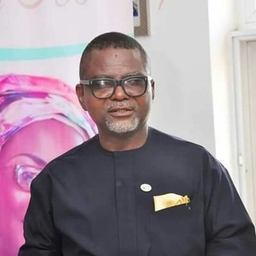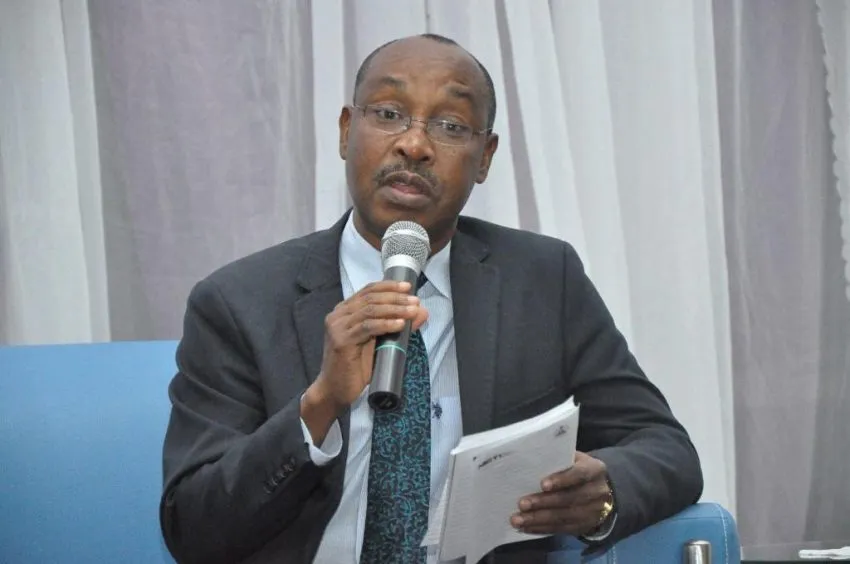The Nigeria Extractive Industries Transparency Initiative (NEITI) has reaffirmed its unwavering commitment to transparency, accountability, and environmental responsibility in Nigeria’s energy transition journey.
The assurance was given by the Executive Secretary, Dr. Orji Ogbonnaya Orji, on Tuesday during the presentation of the interim report on the impact of energy transition on Nigeria’s economy.
Dr. Orji explained that NEITI approached the study not as a formality but as an urgent national necessity.
According to him, the global shift from fossil fuels to renewables is inevitable and will have profound implications for Nigeria’s fiscal planning, job market, infrastructure, and host communities.
He stressed that the transition, if not properly managed, could weaken Nigeria’s fiscal base, threaten employment and infrastructure, and deepen energy poverty at a time when 86 million Nigerians still lack access to electricity.
The Executive secretary further stated that the interim study was commissioned to integrate climate and energy transition disclosures into NEITI’s reporting framework, to track emissions, identify stranded assets, and highlight gaps in energy access.
He emphasised that the study was designed to expose policy gaps and amplify community voices, mobilise civil society to protect vulnerable groups including women and youth, guide the NEITI Board to embed transition metrics into EITI reporting, and engage academia and industry in finding a balance between profitability and sustainability.
Shedding light further, Dr. Orji underlined that for the study to have real impact, every stakeholder must play their part, and urged the media to serve as investigators and amplifiers, simplifying the report’s findings for public understanding, exposing the gaps between research recommendations and policy implementation, and amplifying community voices to ensure that no group is left behind.
He described civil society as advocates and guardians of justice, who must mobilise citizens to demand transparency, spotlight gaps between study outcomes and government action, and fight for the protection of vulnerable groups while pressing for climate and environmental justice.
The NEITI ES also charged the NEITI Board, as policy anchors, to ensure that climate and transition issues remain firmly integrated with EITI reporting, to guide institutional responses to the study’s findings, and to continue championing Nigeria’s voice in both national and global transition debates.
Dr. Orji affirmed that the completed study will inform reforms in policy and empower citizens to hold both authorities and companies accountable for commitments made in the transition process.
The Alternate Chair of the NEITI Board, Ambassador Matthew Adoli, thanked civil society for its pivotal role in driving the implementation of global transparency standards, particularly in relation to the energy transition, while describing the issue as critical to Nigeria’s survival, especially for gas-dependent economies.
In her contribution, Tengi George Ikoli, Country Manager of the Natural Resource Governance Institute (NRGI), urged inclusivity and participation, stressing that communities, youth, and women must not be left behind in the transition, while pledging NRGI’s continued support for government and corporate accountability.
Chairman of the Media Initiative for Transparency in Extractive Industries, Bassey Udo, affirmed the media’s vital role in amplifying NEITI’s engagement, pledging sustained coverage to ensure the study informs public discourse and policy action.
The consultant on the project, Dr. Friday Ohuche, presented sections of the report and provided sobering data on the potential revenue losses and budget deficits Nigeria risks, if it fails to move with the global race for renewable energy.
The Abuja Roundtable, supported by the Ford Foundation, brought together civil society organisations and media representatives as part of NEITI’s broader stakeholder engagement strategy.
The 120-page interim report outlined the methodology employed, examined the economic impacts of the transition, explored the benefits of phasing in renewables into Nigeria’s energy mix, and highlighted the central role of civil society and the media in steering the country’s transition journey.


